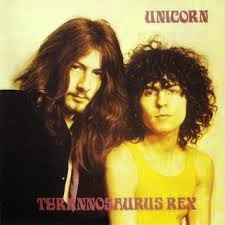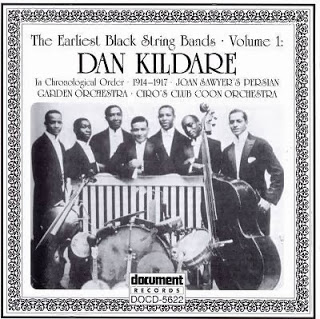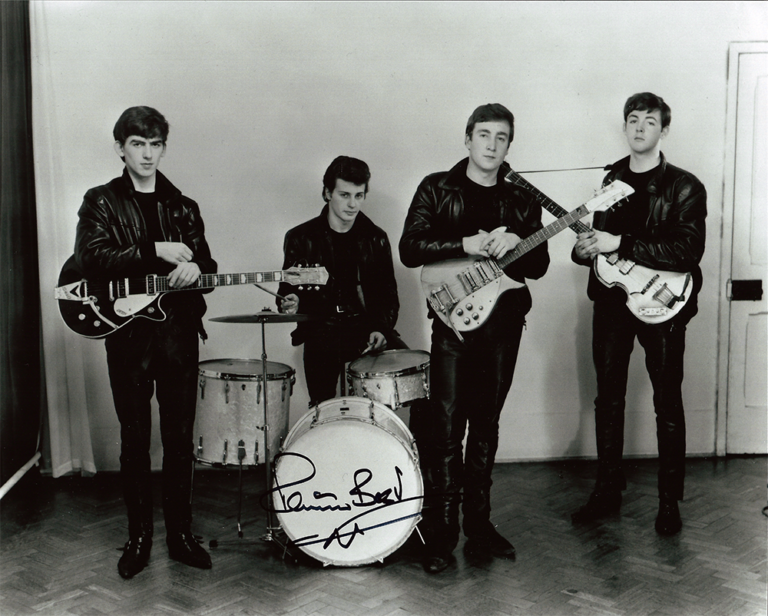Some forgotten Chicago Blues.
Here’s my fourth film on Original Chicago Blues. I totally forgot to upload it.
Here is the missing fourth film from my series about the original era of Chicago Blues – the era BEFORE those iconic bluesmen Muddy Waters, Howlin’ Wolf, John Lee Hooker and company burst onto the blues scene in the 1950s.

Actually, ‘burst onto the scene’ is inaccurate. America’s black blues performers had plenty of blues records released in the USA in the 1950s, many of which are now blues classics. But African American blues performers weren’t really appreciated by white audiences until British blues and rock bands, like the Rolling Stones, Cream, Jeff Beck Group and Fleetwood Mac, got hold of imported American music in the UK, and started covering American blues with an English twist.
Subsequently, America’s 1950s blues icons were only discovered by most discerning record buyers (in the UK, USA and around the world) in the mid-sixties. That’s when Buddy Guy, Willie Dixon and all the blues greats started to get their well-deserved recognition; and enough people got to hear about them to make their stories known. It’s for that reason I ended my book on the origins of the blues, America’s Gift, in the 1950s. I wanted to know what happened BEFORE the 1950s. Before the usual blues history cut-off date of 1895, too. Even before 1800 and 1700.
And so to the film. I had, for some unknown reason, neglected to put this fourth Original Chicago Blues on my blog. I’d even put up the fifth and final film, When Blues Turned Electric – forgetting about film four completely. And please don’t think, no wonder he forgot to put it up, it’s crap. How can it be when it features such fantastic blues performers, some of whom are, sadly, forgotten?
So who have you missed hearing about in film four? The fabulous Memphis Minnie, for a start. And Tommy McClennan singing Cross Cut Saw (and Albert King covering Cross Cut Saw backed by Booker T and the MGs). Then we have Champion Jack Dupree’s singing about drugs and, finally, the hypnotic Washboard Sam with his rattling good classic, Back Door. (Nothing to do with the later Back Door Man, released by Howlin’ Wolf in 1961.)
So now’s your chance to hear some great blues from the leading American performers of the 1930s and 1940s. This was the blues leading up to World War Two. How could I ever misplaced it?







Paul
I would like to ask a question? I often hear people refer to the period pre-dating The
Electric Blue’s age,
As Delta Blues, I personally have always defined it Primitive Blues.. Suddenly I realize that, could be a bit of a misnomer as well. What is the correct answer Paul???
There’s no probably no one correct answer, Dennis. Blues came out of ragtime, which emerged in Kentucky around 1895. The only Delta Blues performer around this time was Henry Sloan, who taught Charlie Patton in Mississippi. Patton, King of the Delta Blues,however, didn’t record until 1929. Lonnie Johnson from New Orleans was the biggest influence on Delta Bluesmen and Chicago Bluesmen alike before then, recording some 130 tracks for Okeh between 1925 and 1932. Sylvester Weaver from Louisville was probably the first to record blues on a guitar and was admired by Johnson. The only bigger blues artist bigger than Lonnie Johnson in the 1920s was Blind Lemon Jefferson who, as you know, was from Texas. His mate Lead Belly was from Louisiana but started off with Blind Lemon in Texas. So was Delta Blues the first blues … who knows.
Blues, as sung by black divas in vaudeville, in the early 20th century, was often known by African Americans as Colored Folks’ Opera. W.C. Handy said musicians in Mississippi called blues: ballets. Others called blues: reels or jigs.
As for primitive blues, this was the music sung by the lowest of the low, as described by African Americans, who toiled in the fields. I believe the ‘lowest of the low’ took their old African work chants, and mixed them with sea shanties and minstrel tunes that were in the air from the 1840s.
Blues wasn’t officially named until 1912, with its first mention in print being in a newspaper in 1910. W.C. from Alabama, was the man who formulated blues into its standard 12-bar format. You can get the full story on all this in America’s Gift which, as I like to say, is history going for a song, at Amazon.